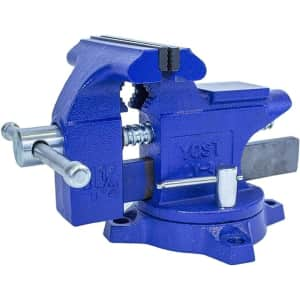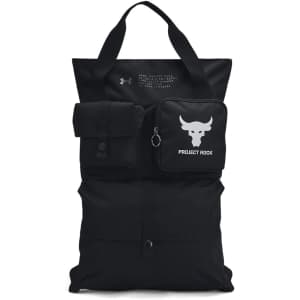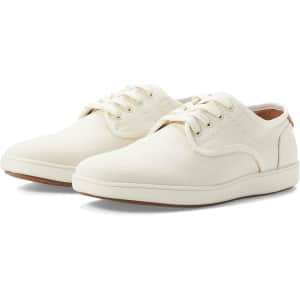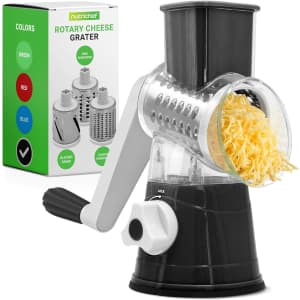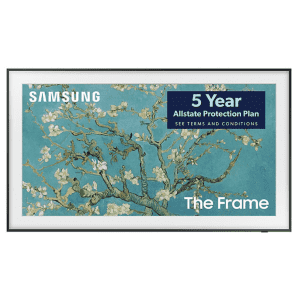
Use promo code "VIPOUTLET26NEWY" to drop this model to the best price we've seen. Buy Now at eBay
- 3840x2160 (4K) resolution
- HDR10+
- 120Hz refresh rate
- Tizen smart platform
- 4 HDMI ports
- Model: QN55LS03BDFXZA
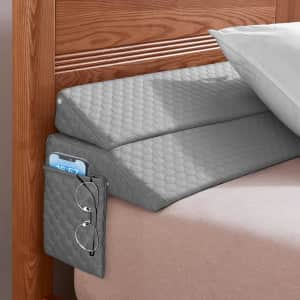
It's the best price that Amazon has charged for this pillow. Buy Now at Amazon
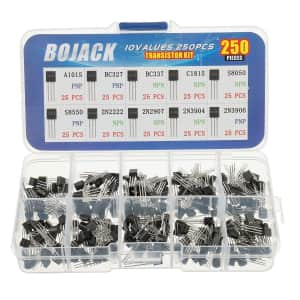
In this Amazon Haul section you can get deals on a selection of electronics and gadgets, with everything priced $17 or less. We've actually found a lot of items for under $10. Shipping is free on Amazon Haul orders of $25 or more. Buy Now at Amazon
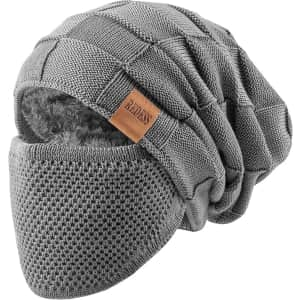
That's $5 under its typical price. It's available in several colors (Grey pictured). Buy Now at Amazon

That's $49 off and a nice deal on a grid of this size. Buy Now at Lowe's
- holds 1,885-lbs. per square inch when cells are filled
- 38" x 16" x 3" per cell
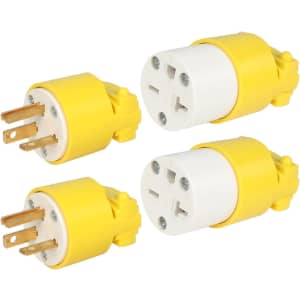
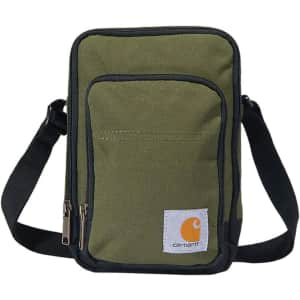
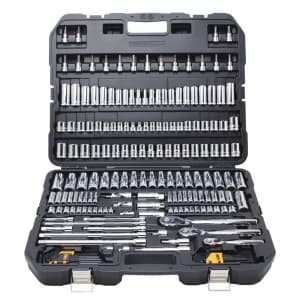
It's the best-ever price we've seen for this set. Buy Now at Amazon
- Mechanics Tool Set Has Knurled Control Ring
- Mechanics Tools Feature DirectTorque Technology
- DEWALT mechanical tool set has polished chrome vanadium finish
- Hand stamped markings
- Model: DWMT75049
- UPC: 798753229778
- UPC: 076174750492
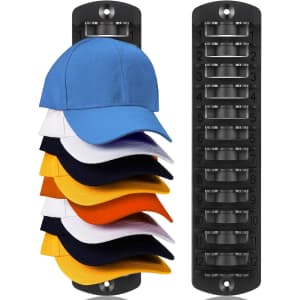
Apply coupon code "U73VBB3M" for a savings of $4. Buy Now at Amazon
- Holds up to 10 hats
- Two mounting options available
- Space-saving vertical design
- Supports hats on smooth or rough surfaces
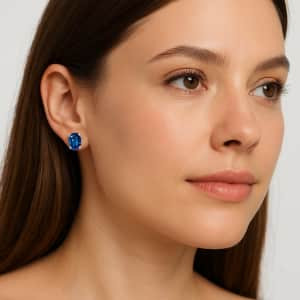
RM Gold NYC offers the RMZ Gold NYC Sterling Silver 2-TCW Genuine Tanzanite Oval Stud Earrings for $14 (reduced from $249) via coupon code "DN11" with free shipping. Buy Now at RM Gold NYC
- Oval stone cut
- Butterfly backings

Save on a nice variety of open-box items here, with discounts of as much as 70% off available. Further details will be available on product pages. Buy Now at Best Buy

That's a 45% savings and near to the absolute lowest price we've ever seen on this roll. Buy Now at Lowe's
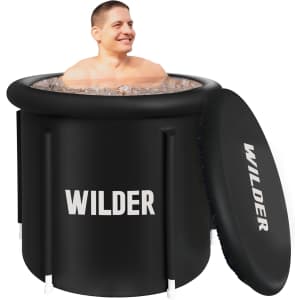
That's a $39 low and the best price it's been. Buy Now at Woot! An Amazon Company
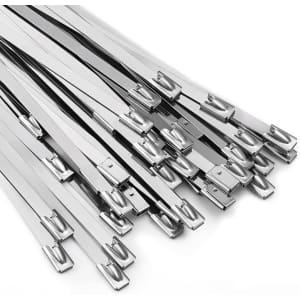
It's the lowest price it's been listed at and they're handy for harsh environments, engines, exhausts, and more. Buy Now at Amazon
- 198 lbs. of strength
- Designed for machinery, vehicles, gardens, farms, cables, pipes, roofs, basements and more.
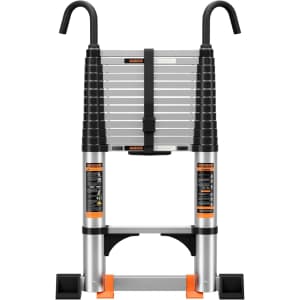
Apply coupon code "KEJCUX7M" for a savings of $46. Buy Now at Amazon
- Quick retract function
- 330 lbs weight capacity
- Includes stabilizer bar
- Easy to carry and store
- Comes with non-slip feet
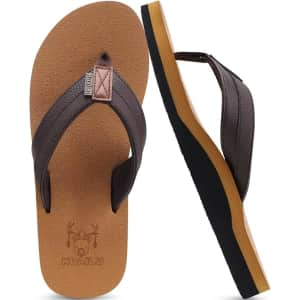
It's the best deal we could find by $7 and a great price for a pair of men's flip flops. Buy Now at Amazon
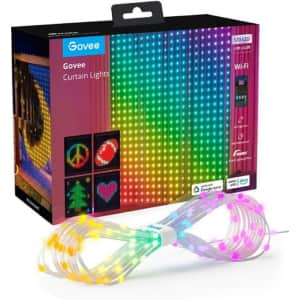
Use promo code "VIPOUTLET26NEWY" to beat what other stores charge by at least $32. Buy Now at eBay
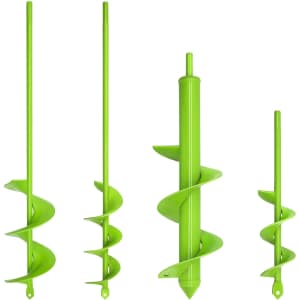
It's the best deal we've seen for this 4-pack. Buy Now at Amazon
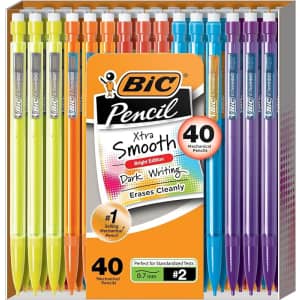
Subscribe for around $5 less than you'd pay elsewhere. Buy Now at Amazon
- 0.7mm lead
- Model: MPCE40-BLK

Save $45 on a 1-year The Club card, earning you coupon savings on BJ's purchases, low prices at BJ's Gas, and a complimentary household membership. Buy Now at Groupon
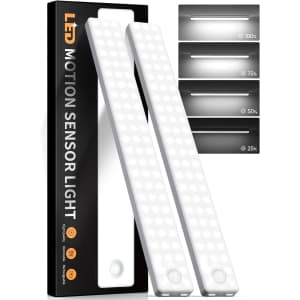
Clip the coupon to drop this 2-pack to the lowest price that Amazon has charged. Buy Now at Amazon

That's half Amazon's price. Choose pickup or spend $35 to avoid the $6.99 shipping charge. Buy Now at Walmart

That's better than half off on the lowest starting price. We've pictured them in Anthracite/Black/Grey/Cyber, which has the best price. Buy Now at Nike
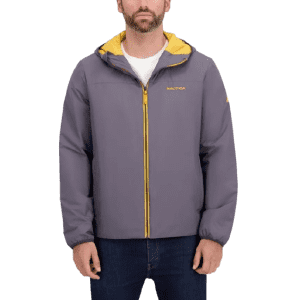
You'd pay around double in any color. Star Rewards members get free shipping (it's free to join). Buy Now at Macy's
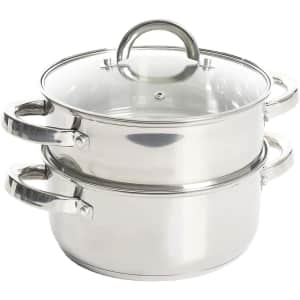
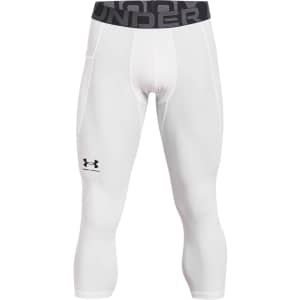
You'd pay $30 elsewhere. In White, L for this price (also available in other colors and sizes for more). Buy Now at Amazon

It's the best deal we've seen for this water bladder. Buy Now at Amazon
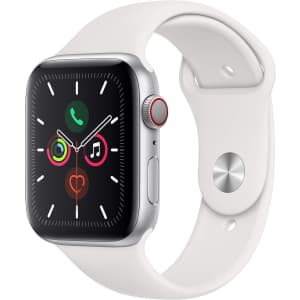
That's the lowest price we could find by $18. A one-year Allstate warranty is provided with purchase. Buy Now at eBay
- always-on Retina display
- electrical and optical heart sensors, built-in compass, and fall detection
- water resistant to 164 feet
- Model: MWVF2LL/A
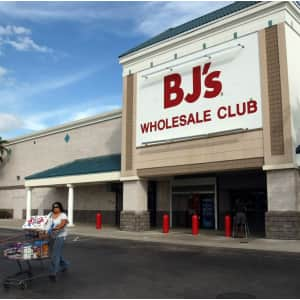
Save $70 on this upgraded membership, which grants you all the benefits of the Club Card, plus 2% back in rewards on most purchases, fuel discounts, free curbside pickup, and free delivery on most orders of $50 or more. Buy Now at Groupon

That's the best price we could find for a refurb by $60. A 30-day warranty is provided, but it is unclear who backs it. Buy Now at StackSocial
- Mac OSX 10.15.1
- 16" 3072x1920 Retina display
- 16GB RAM & 512GB flash storage
- AMD Radeon Pro 5300M 4GB graphics
- Intel Core i7-9750H 2.6GHz Coffee Lake 6-core CPU
- Model: MVVJ2LL/A
- UPC: 190199267961
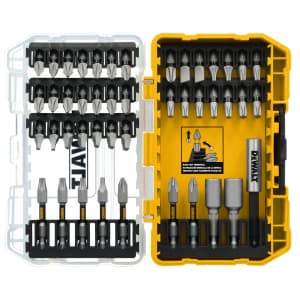
As part of today's daily deals, shop this discounted selection. We've pictured this DeWalt TOUGH GRIP Screwdriver Bit Set 45-Piece for $14.98 ($5 off.) Buy Now at Lowe's
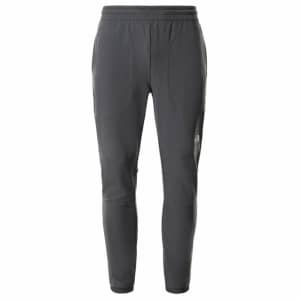
Apply the promo code "NEW2026" to save an extra $9, and get a great price for The North Face pants. Buy Now at eBay
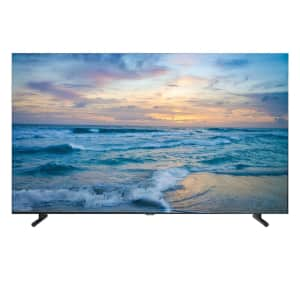
That's the lowest price we could find by $191 after applying promo code "VIPOUTLET26NEWY'. This item is new, but the packaging may be damaged. Buy Now at eBay
- 3840x2160 (4K) resolution, 60Hz refresh rate
- HDR10+, HLG
- Tizen OS w/ Alexa, Bixby, Google Home compatibility
- 3x HDMI ports, 1x USB-A port, 1x LAN port, 1x RF antenna input
- Model: QN65Q7FBAFXZA
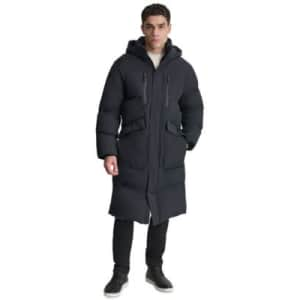
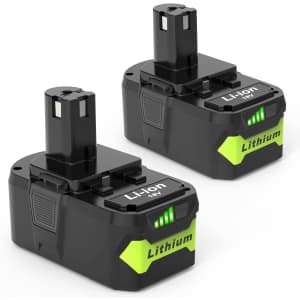
Apply coupon code "2QJGKJH2" for a savings of $22. Buy Now at Amazon
- 18V 5500mAh Li-Ion battery
- Compatible with multiple Ryobi models
- LED indicator for battery level
- Includes 2 batteries in the package

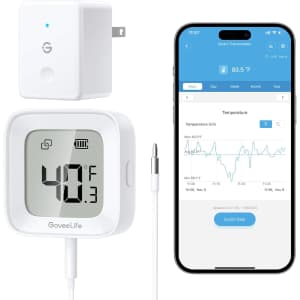
Apply coupon code "2XMRQDRT" for a savings of $24. Buy Now at Amazon
- Works with 2.4GHz WiFi only
- Monitors temperatures remotely
- Alarms for preset temperature ranges
- Measures -40° to 158°F accurately
- Pairs with up to 10 sensors

New Costco Executive Member sign ups will receive a $40 digital Costco Shop Card delivered to their email when they sign up. Executive members get all the benefits of Gold Star, plus an annual 2% reward (up to $1,250) on qualified Costco and Costco Travel purchases, along with extra savings on select Costco services. Buy Now at Groupon
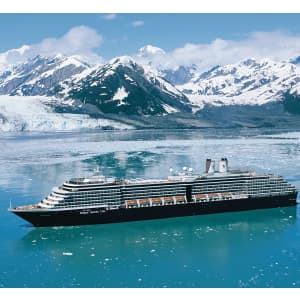
This Wave Season cruise deal scores a free balcony upgrade, $25 deposit, and up to $200 shore excursion credit. This 1-way northbound cruise departs from Vancouver, Canada, on June 28 and includes scenic cruising through the Inside Passage, Glacier Bay, and College Fjord, alongside stops in Juneau and Skagway, Alaska. Book this travel deal by January 12.
Satisfy your wanderlust - and your wallet - by taking a look at all our top travel deals. Buy Now at ShermansTravel
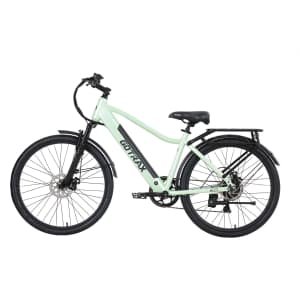
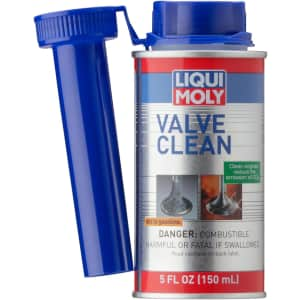
That's the best price we could find by $4. Buy Now at Amazon
- 150 ml
- add to gasoline for better engine performance
- Model: 2001
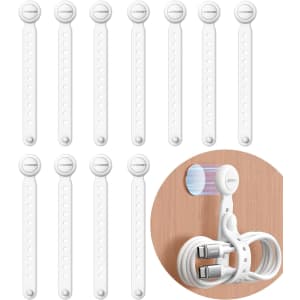
It's the best deal we could find by $10. Buy Now at Amazon

They say it's a prank gift but it does include a tissue pack, moist towelettes, disposable underpants, and survival badge so... Buy Now at Amazon
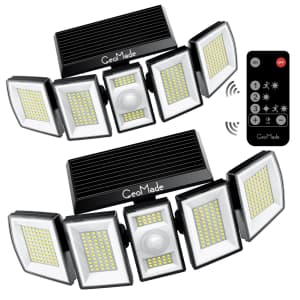
Apply coupon code "4XVEOL7K" for a savings of $23. Buy Now at Amazon
- 1,100-lumens
- detachable 5-head design
- motion sensor up to 30-ft. within 180° range
- IP65 waterproof
- Model: G-S1300

Digitalkeysbox offers the Microsoft Office Pro 2024 + Microsoft Visio Pro 2024 Bundle for $14 when applying promo code "VISIO2026" at checkout (regular price $299.99). Buy Now at Digitalkeysbox
- Includes Microsoft Office Pro 2024: Word, Excel, PowerPoint, Outlook, OneNote, and Access (2024 versions).
- Lifetime license for 1 PC (Windows 10/11).
- One-time purchase — no subscription required.
- Includes Microsoft Visio Pro 2024: Professional diagramming and flowchart software. Ideal for business processes, workflows, and technical diagrams.
- Fully compatible with Office 2024.
- Lifetime license — no subscription required.
How Much Can I Save on the Hottest Deals?
The average savings can vary wildly day by day, but we regularly see discounts of anywhere from 15% to 96% off. The biggest discounts usually pop up for holidays, such as these Early Prime Day Deals. Thanks to coupon codes giving extra discounts, we'll regularly see shoes and apparel from the biggest brands like Nike, adidas, and New Balance at over 50% off. If you're looking for tools or home improvement, we see deals from stores like Home Depot and Lowe's that take up to 70% off. Plus, if something's at its best-ever price, or close to it, or is just something we think is extra neat, you'll probably find it on our Staff Picks page.
How Often Are the Hottest Deals Updated?
Around the clock! An international team of highly-trained deal jockeys is constantly scouring Amazon, Walmart, Best Buy, Target, and any other store you care to name, seeking out the latest and greatest deals for you to peruse. From daily deals and doorbusters to niche finds and off-the-wall offers, our pages are always being updated with something new and interesting and discounted.
